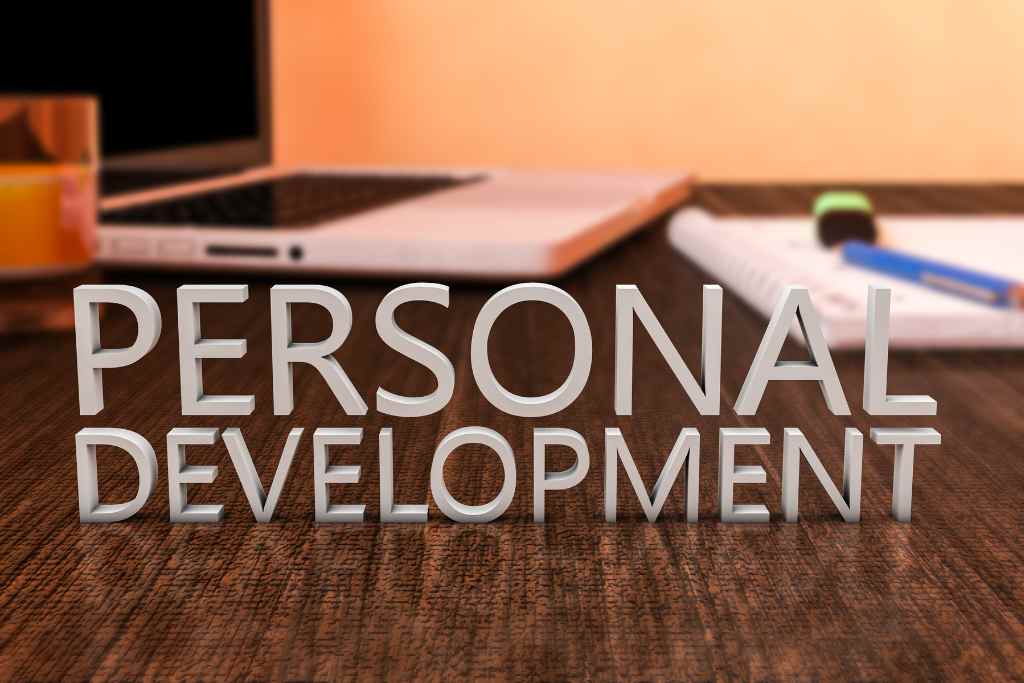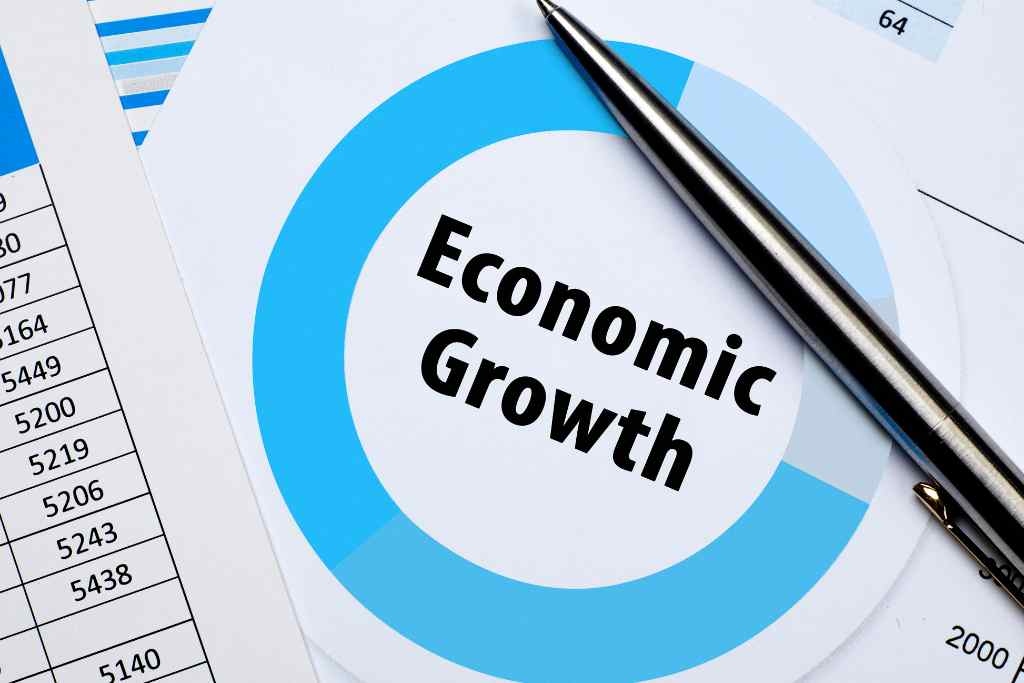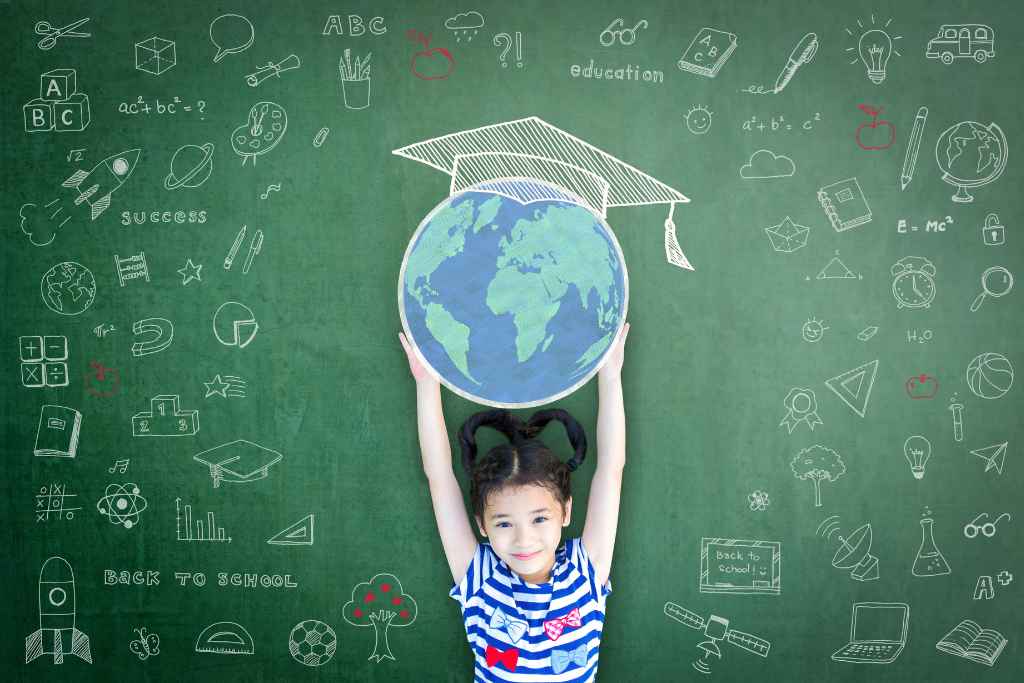Education shapes young minds into knowledgeable, critical thinkers. It guides students toward personal growth and empowerment to overcome difficulties and seize opportunities. Education instills empathy, respect, and teamwork, connecting the present to the future. It develops curiosity and pushes pupils to question the established quo, creating inventive thinkers who can solve complex global problems. Young people learn life skills and intellectual skills through education. Education also fosters inclusive communities that celebrate variety. Digital literacy must be incorporated into education to prepare future generations for the changing workforce. We create a better society with development and equality by giving all children equal access to quality education.
Education is the Key to Personal Development
Education helps people develop their strengths and passions, guiding them down specific career paths. It also introduces perspectives and teaches people to keep an open mind. This is an important skill to have for leaders, as they need to be able to adapt to new situations and be flexible in their approach.

It is also important for educational institutions to focus on helping students choose fields of study that are relevant to the labor market. This will help them find jobs that fit their skills and can help reduce the growing mismatch between employer demand and worker supply.
Another role of education is to socialize children into society and teach them cultural values and norms. It also teaches them how to be good citizens, and can inspire a sense of community solidarity. However, there are some problems with this process, including the fact that educational systems tend to align with middle-class beliefs and aspirations, which can alienate those from other classes.
It Promotes Economic Growth and Development
It’s no secret that education is one of the most important investments a country can make. It boosts gross domestic product, increases employment opportunities, and bolsters a nation’s human capital. It is also a great way to keep businesses competitive and foster innovation.

People who have an education are more productive in the workplace because they have more knowledge and can think critically about their work. They can also communicate effectively and collaborate with others in teams, which are essential skills for many jobs. Education also helps people develop a well-rounded personality and become more culturally aware.
In addition, education encourages social solidarity and tolerance between different communities and races. This is important because it promotes a healthy society. It also helps reduce poverty and inequality by empowering citizens with the tools to change their lives. This is why Benjamin Franklin accurately stated that “an investment in education returns the best interest.” It is, indeed, a good idea for parents to encourage children to pursue educational goals as early as possible.
It Helps Build Future Leaders for Society
Education has many important roles in society, and it is the most critical way to shape future generations. It is also an important tool for designing society, both on a local and global level. A good teacher has the power to inspire students and create leaders, and this is why people invest in their children’s education. They believe that it will help them find a better path for their future.

It helps build empathy and cultural awareness by exposing individuals to different perspectives and experiences. This helps future leaders understand the importance of diversity and inclusivity. It also teaches them to keep an open mind when making decisions and to view issues from multiple angles.
Education is a key part of the social fabric and can be used to promote equality and democracy. However, it must be reimagined to address the challenges of our time. For example, universities should consider developing leadership skills that are able to navigate corporate responsibility and sustainability.
It Helps Break Down the World
People with good academic and educational backgrounds tend to get better-paying jobs, resulting in a decrease in poverty rates. In addition, education promotes economic growth and development in our societies, as it encourages innovation, creates more jobs, and helps people to adapt to new technology, products, and processes.

Educated individuals are more likely to understand and respect different cultures and perspectives. This can help us to build a more unified society where everyone feels valued and included.
Unfortunately, many people around the world are deprived of education due to various reasons. Poverty is one of the biggest barriers, as it keeps people from being able to afford school fees and other costs. Others face barriers such as conflict, natural disasters, and the inability to travel long distances to reach schools. Nevertheless, it is important for every individual to pursue education, as it can change their lives and those of their loved ones. This is why parents encourage their children to study hard and work hard.

Leave a Reply